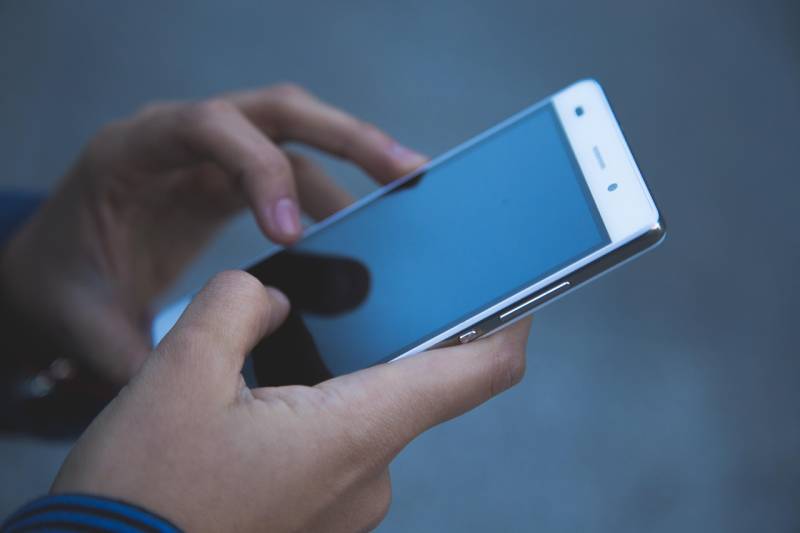
To be listed on the CAMPOSOL TODAY MAP please call +34 968 018 268.

Guidelines for submitting articles to La Manga Club Today
Hello, and thank you for choosing La Manga ClubToday.com to publicise your organisation’s info or event.
La Manga Club Today is a website set up by Murcia Today specifically for residents of the urbanisation in Southwest Murcia, providing news and information on what’s happening in the local area, which is the largest English-speaking expat area in the Region of Murcia.
When submitting text to be included on La Manga Club Today, please abide by the following guidelines so we can upload your article as swiftly as possible:
Send an email to editor@lamangaclubtoday.com or contact@murciatoday.com
Attach the information in a Word Document or Google Doc
Include all relevant points, including:
Who is the organisation running the event?
Where is it happening?
When?
How much does it cost?
Is it necessary to book beforehand, or can people just show up on the day?
…but try not to exceed 300 words
Also attach a photo to illustrate your article, no more than 100kb

Nomophobia on the rise: Over 80% of young people in Spain struggle with mobile phone anxiety this summer
With phones constantly in our hands, young people face mounting anxiety without their mobiles, especially when routines disappear in the holidays
 Have you ever noticed how the first thing you reach for in the morning, and the last thing you put down at night, is your mobile? For many, that little device has become much more than a way to chat or check the news - it is almost an extra limb. Now, experts say this deep attachment is giving rise to a little-known but increasingly common problem, not only in Spain but across the globe, especially among young people: nomophobia.
Have you ever noticed how the first thing you reach for in the morning, and the last thing you put down at night, is your mobile? For many, that little device has become much more than a way to chat or check the news - it is almost an extra limb. Now, experts say this deep attachment is giving rise to a little-known but increasingly common problem, not only in Spain but across the globe, especially among young people: nomophobia.Sign up for the Spanish News Today Editors Roundup Weekly Bulletin and get an email with all the week’s news straight to your inbox
Special offer: Subscribe now for 25% off (36.95 euros for 48 Bulletins)
OR
you can sign up to our FREE weekly roundup!
Read some of our recent bulletins:
Discount Special Offer subscription:
36.95€ for 48 Editor’s Weekly News Roundup bulletins!
Please CLICK THE BUTTON to subscribe.
(List price 3 months 12 Bulletins)
Read more stories from around Spain:























